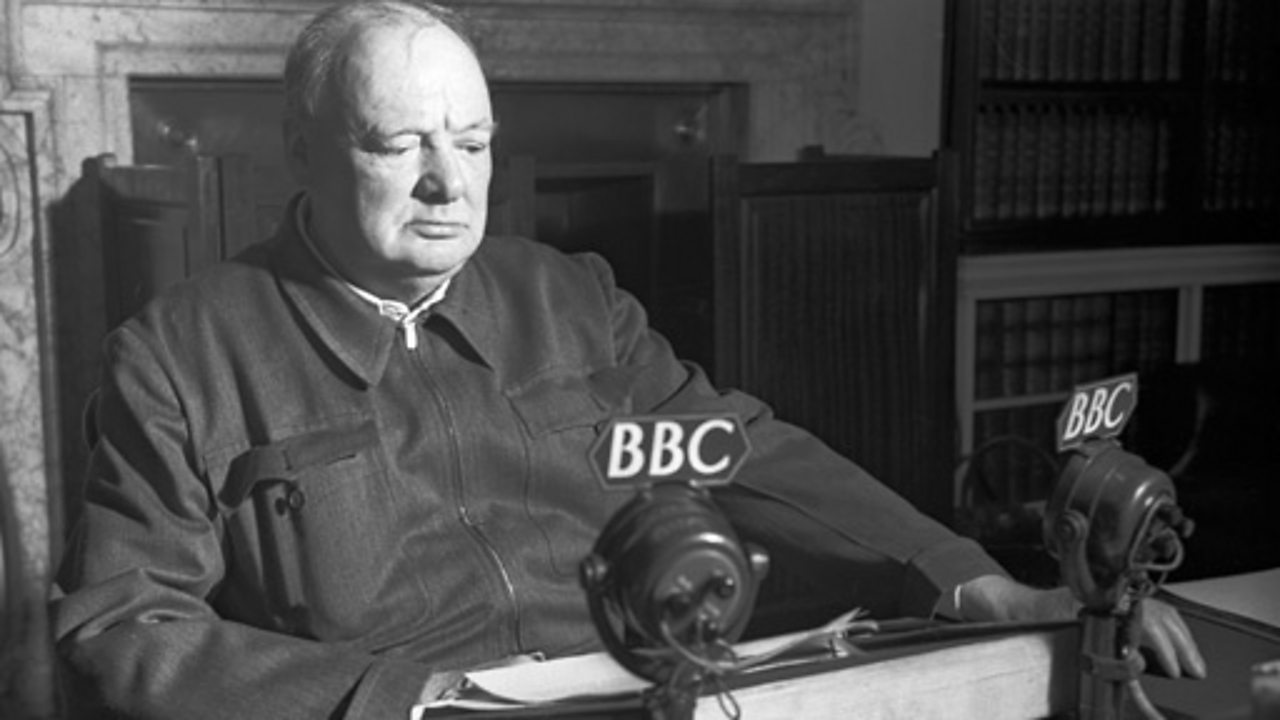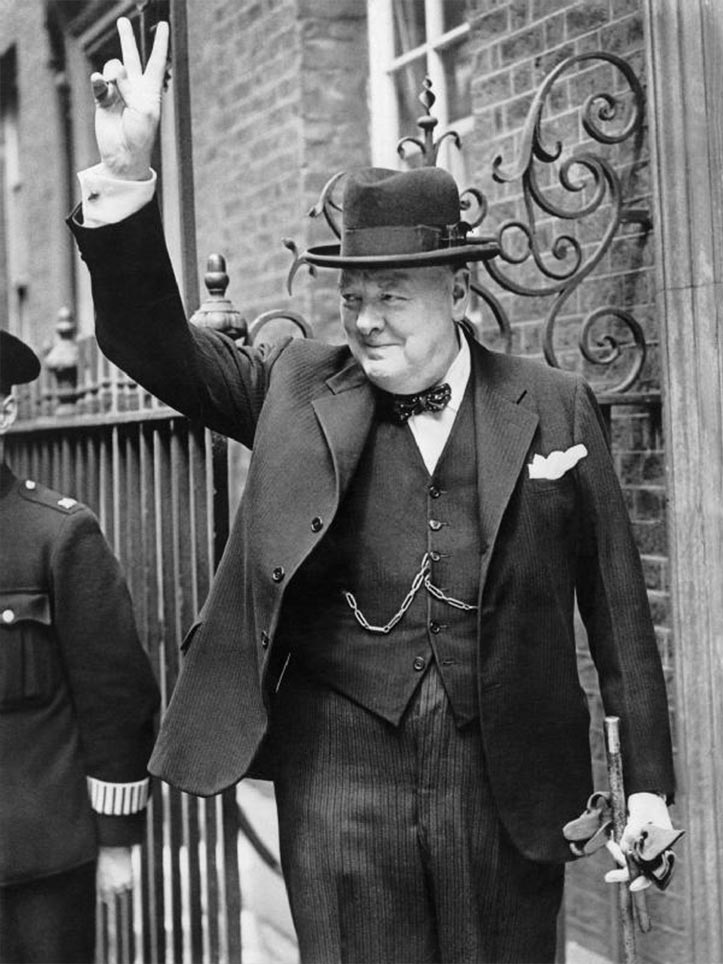

He also made further blunders, notably by supporting King Edward VIII during the abdication crisis of 1936. Churchill became more and more isolated in politics and he found the experience of perpetual opposition deeply frustrating. He was an ebullient if increasingly anachronistic figure, returning Britain to the Gold Standard and taking an aggressive part in opposing the General Strike of 1926.Īfter the Tories were defeated in 1929, Churchill fell out with Baldwin over the question of giving India further self-government. To his surprise, Churchill was appointed Chancellor of the Exchequer by Stanley Baldwin, an office in which he served from 1924 to 1929. Anyone could “rat”, he remarked complacently, but it took a certain ingenuity to “re-rat”. Their relationship was not always a comfortable one, particularly when Churchill tried to involve Britain in a crusade against the Bolsheviks in Russia after the Great War.īetween 19 Churchill left the Liberal Party and, after some hesitation, rejoined the Conservatives. However, Churchill could not be kept out of power for long and Lloyd George, anxious to draw on his talents and to spike his critical guns, soon re-appointed him to high office.

The expedition was a disaster and it marked the lowest point in Churchill’s fortunes. The chief setback of his career occurred in 1915 when, as First Lord of the Admiralty, he sent a naval force to the Dardanelles in an attempt to knock Turkey out of the war and to outflank Germany on a continental scale. His parliamentary career was far from being plain sailing and he made a number of spectacular blunders, so much so that he was often accused of having genius without judgement. In this capacity and as Home Secretary (1910-11) he helped to lay the foundations of the post-1945 welfare state. But after only four years as a Conservative he crossed the floor and joined the Liberals, making the flamboyant gesture of sitting next to one of the leading radicals, David Lloyd George.Ĭhurchill rose swiftly within the Liberal ranks and became a Cabinet Minister in 1908 – President of the Board of Trade. He took his seat in the House of Commons as the Conservative Member for Oldham in February 1901 and made his maiden speech four days later. While fighting against the Dervishes he took part in the last great cavalry charge in English history – at the Battle of Omdurman in 1898.Ĭhurchill was first elected to parliament in 1900 shortly before the death of Queen Victoria.

Using his mother’s influence, Churchill got himself assigned to Kitchener’s army in Egypt. He soon became an accomplished war reporter, getting paid large sums for stories he sent to the press – something which did not make him popular with his senior officers. “Foolish perhaps,” he told his mother, ” but I play for high stakes and given an audience there is no act too daring and too noble.” Churchill wrote about his experiences in his first book The Story of the Malakand Field Force (1898).
#Winston churchill death full#
He rode his grey pony along the skirmish lines in full view of the enemy. In 1897 Churchill saw more action on the North West Frontier of India, fighting against the Pathans. He enjoyed the experience which coincided with his 21st birthday. After passing out of Sandhurst and gaining his commission in the 4th Hussars’ in February 1895, Churchill saw his first shots fired in anger during a semi-official expedition to Cuba later that year.


 0 kommentar(er)
0 kommentar(er)
